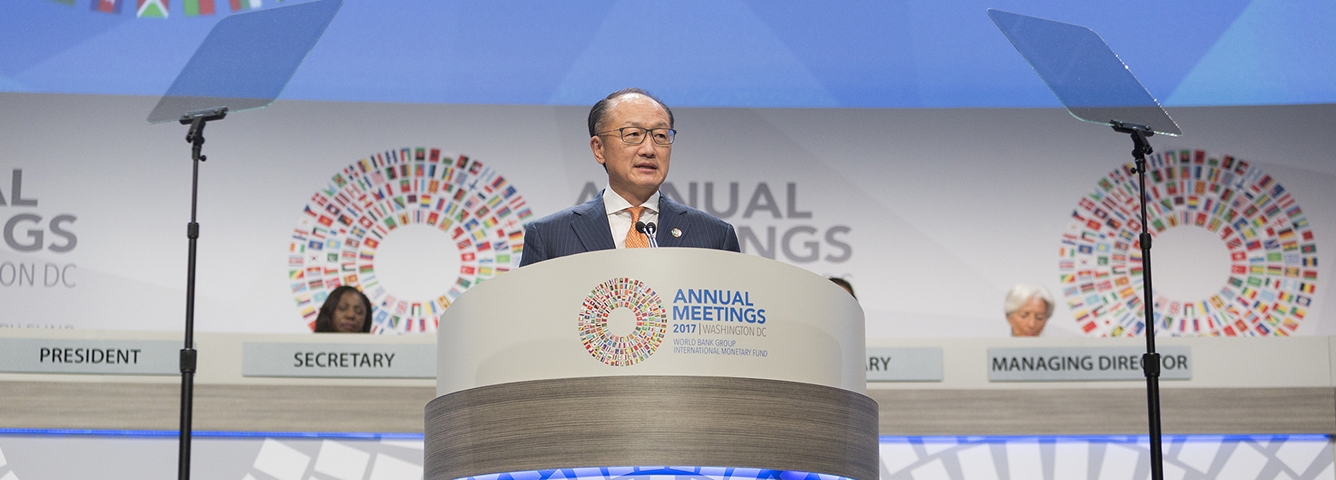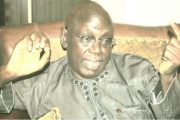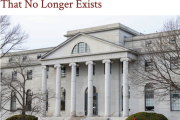What would Nigerian politicians lining up to become president, governors, legislators and sundry positions be telling the folks when the campaigns begin in late 2018 ahead of the 2019 General Elections? This is the question on the minds of astute observers of the psychology of the Nigerian elite. For the past 31 years, that is, since the 1986 budget by the Babangida regime, the elite have been echoing the IMF and the World Bank credo that “government has no business in business”. Now, the World Bank has changed direction, 360 degrees by saying that governments should spend more on education and health.
In the last 30 years, government has been withdrawing from social spending. The result is that the quality of medical care is nothing to write home about. The continuing devaluation of the currency is such that majority of pharmaceutical dealers simply cannot buy genuine medicine unlike in some African countries such as Egypt, for example, where the idea of fake drugs is unheard of. Malaria in any family today is catastrophe. The education sector is worse. The World Bank has said repeatedly that Nigerian graduates are unemployable. As too general as that might be, several Nigerian newspapers have written editorial to echo it.
Recently, Dr. Deji Omole, the Chairman of the Academic Staff Union of Universities at the University of Ibadan put it most bluntly when he said that what academics were doing in the universities is a mockery of university education and that government should pump in money so that academics could conduct cutting edge research that can solve Nigeria’s problems. Many people wonder how an otherwise very sophisticated national ruling class such as the Nigerian elite could tolerate the degree of collapse of the system the country is witnessing today, all traceable in the last instance to Structural Adjustment Programme, (SAP) by whatever name called. As some outsiders watched Africa in amazement for accepting to implement SAP, they just couldn’t help assert sometimes in 1991 that “the Bretton Woods criteria for structural adjustment are perfect for Sweden but are completely wrong-headed for countries such as Zambia and Mozambique”. But, what were the African leaders doing? They were implementing and telling their people it was such a great thing.
Now that the World Bank has, for whatever reasons, seen the light and discovered there is no future in orthodox SAP or its subsequent variants, are Nigerian politicians going to follow the bank or insist on continuing SAP?


























